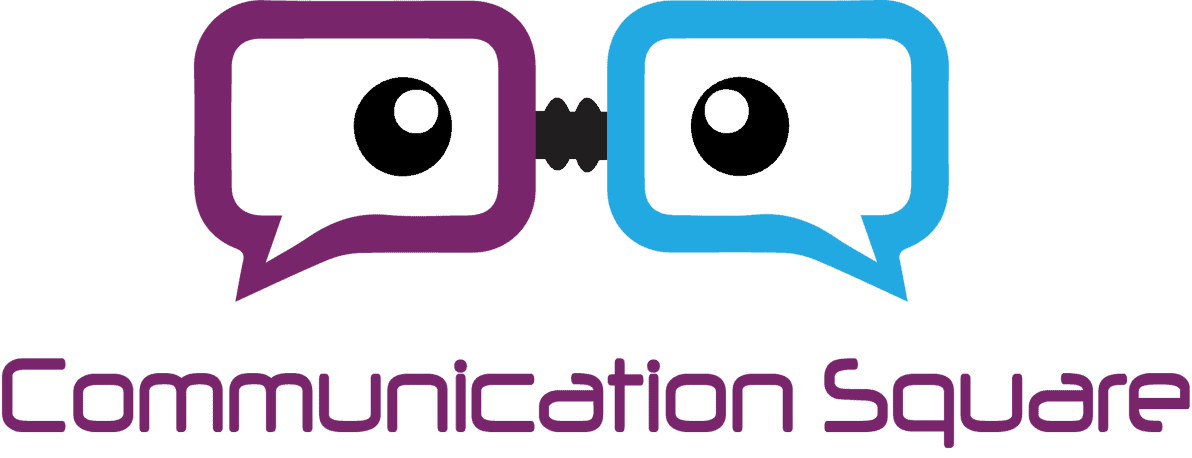Windows 11 debuted in October of 2021 to a lukewarm reception. Early adopters said it was slow and unnecessarily replaced several Windows 10 conventions with less efficient alternatives. What has changed in the meantime? Has Windows 11 managed to win over people’s hearts in the 2+ years it’s been out? Here’s the latest scoop.
A Hard Climb
Windows 11 turned two in October of 2023. It was an excellent opportunity to check how its adoption fares and the results are mixed. On the one hand, internal memos suggest that four hundred million computers are already running their latest operating system. Microsoft considers this to be better than expected.
The stats don't seem as impressive put into another perspective, especially when you compare them with the adoption rates of older Windows versions. According to Stat counter's year-long market share report, Windows 11 made up around 23% of all Windows installs worldwide. At the time of writing, Windows 11 gained a few more percentage points, knocking Win 10 into the high 60% range.
The recent adoption uptick still isn't enough to top Windows 10's stats. Almost a third of Windows users opted for the then-new OS by its two-year mark. It's not surprising, considering the significant changes between 8/8.1 and 10.
Why Are People Hesitating?
Several factors conspire to make the shift to Windows 11 less tempting. Some are no longer relevant – like the Start menu and taskbar changes, users criticized the OS for upon release. While workarounds exist, incompatibility with processors that don't have a TPM module remains a sore spot.
All recent prebuilt Windows PCs and tablets come with eleven preinstalled, accounting for most new adopters. Upgrading from Windows 10 is free, and the platform’s fast-approaching 2025 end-of-support date means users must make the change or leave themselves open to various security vulnerabilities.
Despite all this, a good chunk of Windows 10 users doesn’t see themselves ditching their OS just yet. Many cite similarities between the two as a compelling reason. Both Windows 7 and 10 arrived after some of the most underwhelming versions in the OS’s 30-year history. Moving to a cosmetically altered but functionally similar system doesn’t seem as compelling.
Then there's the matter of longevity. At one point, Microsoft announced they'd be adopting a software-as-a-service model. Windows 10 would become the "forever OS" – a platform you buy into once and continue to receive updates indefinitely. Bafflingly, an announcement for Windows 11 followed a few months later.
The company has shifted to a three-year release cadence now. That would mark 2024 as the release year for Windows 12. Microsoft remains silent on the matter, but some leaked comments by Intel personnel point to a Windows refresh being in the works. Windows 10 users who like to be in the loop are rightfully asking themselves whether switching to 11 even makes sense if twelve is right around the corner.
What Features Should Users Be Excited About?
Microsoft’s current OS might have had a rocky start, but does adopting it make sense for 2024 and beyond?
One reassuring thing about Microsoft is that it’s listening to user feedback. You can now move the Start menu back to where it was 20 years ago, and File Explorer finally has tabs. They’re also constantly updating features ranging from the widgets through notifications to the recent integration of the new Copilot AI assistant.
Security remains a top consideration as Windows 11 brings new integrations and updates to established features. Users with older hardware scoff at the updated system requirements. Still, TPM brings genuinely useful cybersecurity features on the hardware level. The module can store passwords and encryption keys while protecting your system against tampering.
The Windows Defender is even more robust than before, offering enhanced malware detection and quarantine options. It supports Secure and Trusted Boot options, which prevent malicious code from running during boot-up.
Microsoft recognizes the necessity of using VPNs and their growing popularity. A couple of the main benefits of VPN include maintaining one’s anonymity and privacy on the internet and better security. Their encrypted internet connection also safeguards any transferred data or typed credentials, preventing their exposure or theft.
A feature update released in 2022 makes it easy to glance at the system tray and intuitively know whether a VPN is active. More about VPN features can be found in the Reddit VPN comparison table.
Future Changes
Enhancements, bug fixes, and new features are never far away in Windows 11. A substantial annual update adds core features, but Microsoft spaces smaller yet impactful updates dubbed moments throughout the year.
You'll soon be able to make substantial changes to some of Windows 11's fundamental settings if you live in the European Economic Area. Specifically, it will become possible to uninstall Microsoft Edge and Bing search, and you can make your alternative the default.
Conclusion
As operating systems go, Windows 11 is still finding its footing. Some users will always be hard to please, but Microsoft’s continued efforts to make their latest OS more stable, secure, and feature-rich are reassuring. We, and the leakers who always bring fresh update news before anyone else, eagerly await what’s in store for the OS next.
Last Updated 2 months ago

